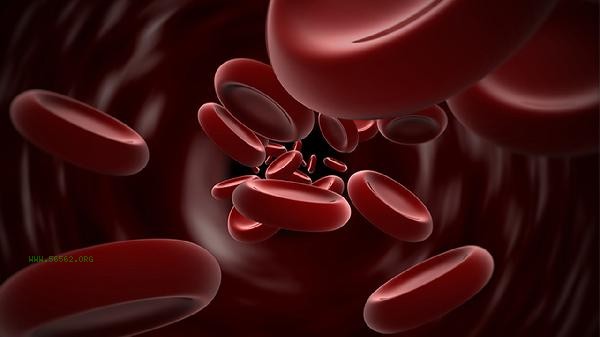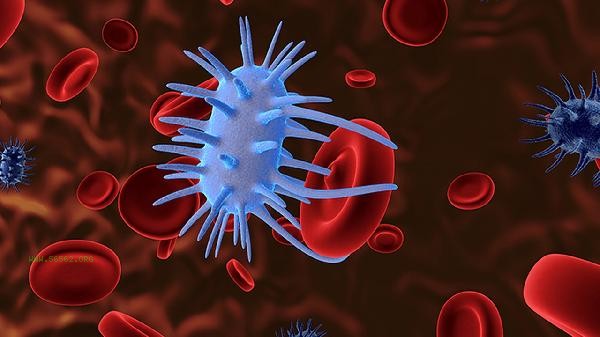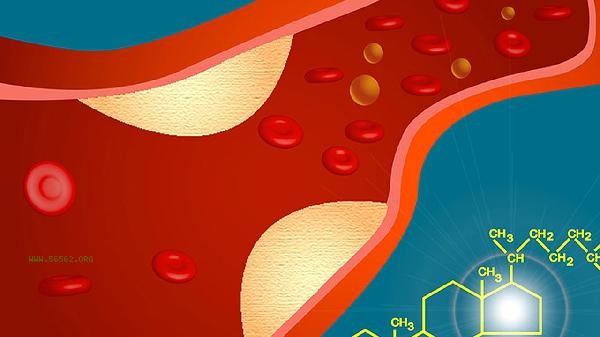Low hematocrit can be improved by adjusting diet, supplementing iron, treating underlying diseases, improving lifestyle habits, and regular monitoring. It is usually related to factors such as nutritional deficiency, chronic blood loss, or bone marrow hematopoietic dysfunction.

1. Adjusting diet:
Increasing the intake of foods rich in iron, folate, and vitamin B12 is a basic measure to improve hematocrit. Animal liver, red meat, spinach, and other foods have high iron content. Eggs and legumes can supplement folic acid, while fish and dairy products are rich in vitamin B12. Suggest daily balanced pairing to avoid strong tea and coffee affecting iron absorption. Long term vegetarians should pay special attention to supplementing hematopoietic raw materials through plant-based foods such as nuts and dark vegetables.
2. Iron supplementation: When diagnosed with iron deficiency anemia, doctors may recommend taking iron supplements such as ferrous sulfate, ferrous fumarate, or iron dextran. Iron supplements need to be taken on an empty stomach to increase absorption rate, but may cause gastrointestinal discomfort. They can be taken together with vitamin C to enhance the effect. During treatment, it is necessary to regularly check serum ferritin levels to avoid excessive iron deposition. Pregnant women, menstruating women, and other high-risk groups for iron deficiency should receive preventive supplementation under the guidance of a doctor.
3. Treatment of underlying diseases:
Chronic bleeding diseases such as peptic ulcers and hemorrhoids require targeted treatment, while hematopoietic dysfunction such as myelodysplastic syndrome requires specialized intervention in hematology. Chronic inflammatory diseases such as rheumatoid arthritis may lead to anemia through abnormal iron metabolism, and controlling the primary disease is key. Patients with renal anemia should receive treatment with erythropoietin, while those with hypothyroidism should supplement with thyroid hormones.

4. Improving lifestyle habits:
Avoid behaviors that inhibit hematopoietic function, such as staying up late for a long time and excessive dieting. Quitting smoking can reduce the damage of carbon monoxide to hemoglobin. Moderate aerobic exercise such as brisk walking and swimming can promote blood circulation, but individuals with severe anemia should avoid vigorous exercise. Women with excessive menstrual flow can try hot compress or traditional Chinese medicine treatment. Residents in high-altitude areas should pay attention to oxygen therapy and nutritional enhancement.
5. Regular monitoring:
Recheck blood routine every 3-6 months and dynamically observe the trend of changes in hematocrit. Pregnant women, elderly people, and postoperative patients should increase the frequency of testing. If symptoms such as dizziness and palpitations worsen, or if the value remains below 30%, seek medical attention promptly. Recording daily diet and medication can help doctors analyze the causes, and genetic testing can screen for the possibility of hereditary anemia.
Improving low hematocrit requires comprehensive intervention for 3-6 months. Daily consumption of medicinal and edible ingredients such as red dates and goji berries, combined with mild exercise such as Ba Duan Jin, can improve blood and qi circulation. Cooking with an iron pot can increase dietary iron intake, but it is important to avoid taking it with calcium supplements that may affect absorption. Long term anemia patients are recommended to undergo quarterly testing of iron metabolism indicators, and pay attention to keeping warm in winter to prevent poor peripheral circulation. Couples preparing for pregnancy should undergo a nutritional assessment three months in advance, and children should be regularly screened for anemia indicators during their growth and development period.









Comments (0)
Leave a Comment
No comments yet
Be the first to share your thoughts!